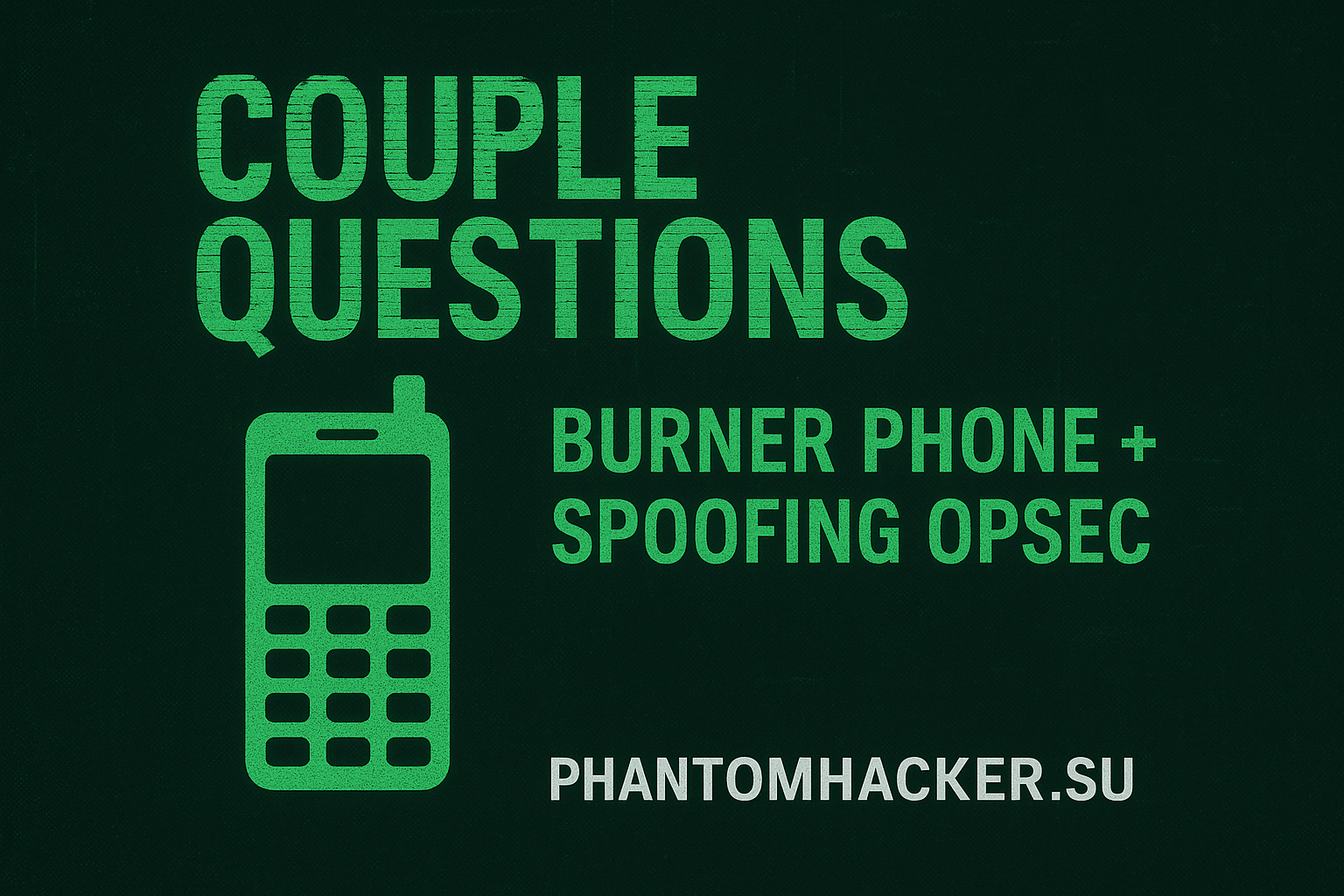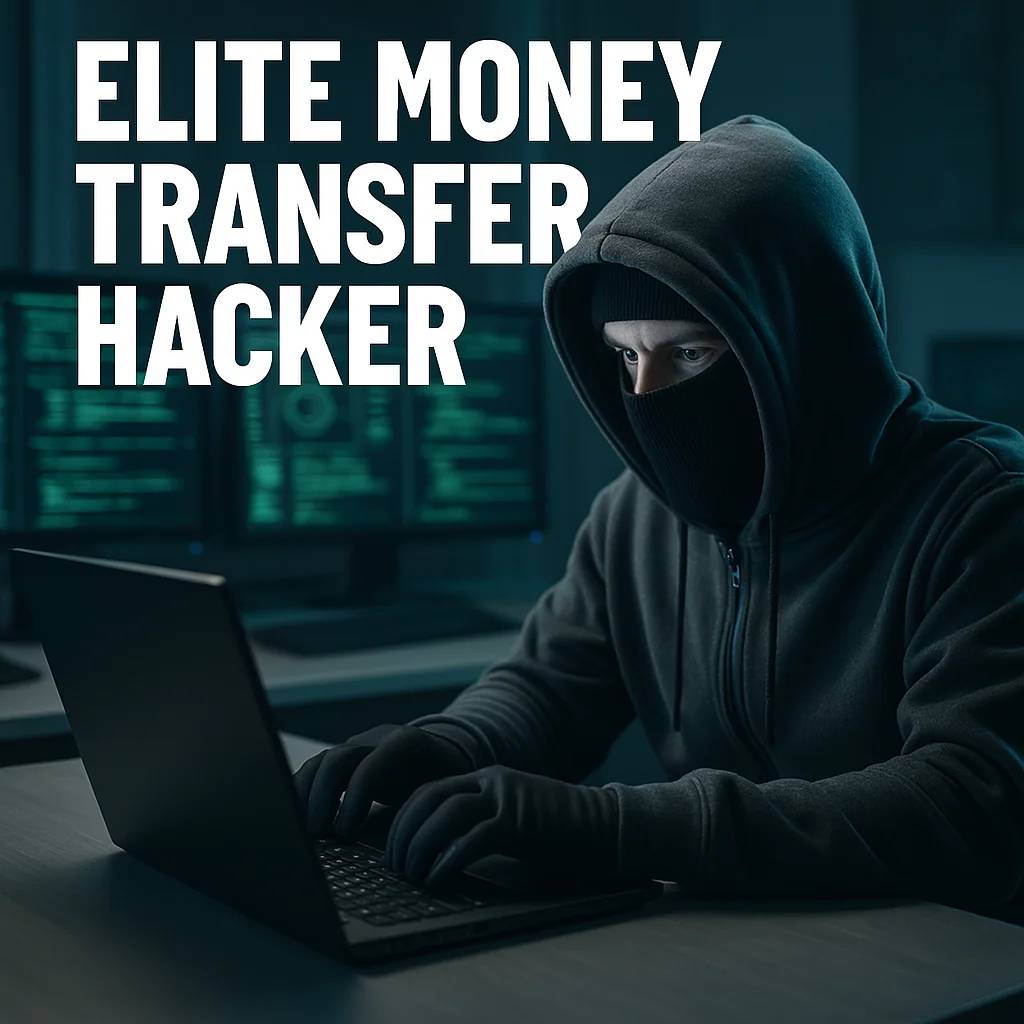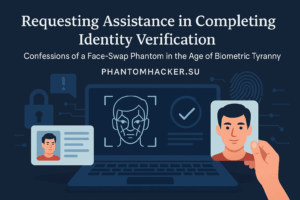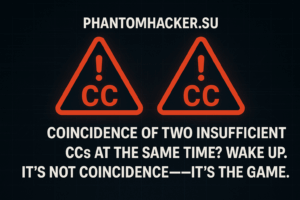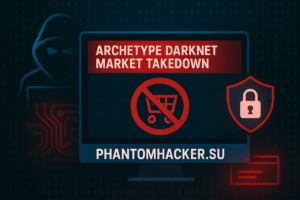I Don’t Want to Be Safe. I Want to Be Untouchable.
Let’s not sugarcoat a damn thing.
When you step into this game—whether it’s carding, spoofing, crypto flipping, or plain old digital identity war—you’re either bulletproof, or you’re prey. The whole “just trying to be safe as humanly possible” mindset is how most rookies die out here. You want safety? Stay in school. You want to dance with fire and cash out in shadows? Then let’s talk about real OPSEC—operational security that doesn’t play.
I saw a post by some cautious beginner asking about burner phones and caller spoofing. Fair questions. But the way he framed them showed hesitation, fear, and most of all, lack of strategy. Let’s go over the two questions first:
-
Where can I get a reliable spoof caller that works online with a voice changer?
-
Are Tracfone prepaid burners GPS tracked, even if I use a VPN?
Let’s rip through both of these, then torch the naive mindset that fuels failure in this scene.
Spoofing Calls: Not Just for Laughs Anymore
Using a spoofed caller ID is table stakes now. If you’re calling banks, exchanges, or customer service pretending to be cardholder #42069, you better sound like him, too. That’s where real-time voice changers come in.
Look at tools like SpoofCard, Hushed, or FireRTC—but let’s get real, the pros either self-host or use modified VoIP stacks with injected call headers. If you’re just installing apps from Google Play, you’re a civilian in soldier gear. Some darknet vendors will sell custom spoof packages with preloaded cardholder data and local area codes to match. That’s the level you should aim for.
And forget free trials or one-time numbers. You want persistence. You want logs scrubbed. You want your voice to sound so convincing the rep on the other end starts asking you for tips.
Burner Phones: The Illusion of Anonymity
A burner phone is only a burner if you don’t screw it up.
This whole obsession with Tracfone, Burner LTE, or other prepaid brands? Cute. Let me crush the myth right now—yes, they can track GPS data. Whether or not a VPN is running is irrelevant if the cell tower triangulates your device the second it pings the network.
Even if your phone has no SIM, GPS can operate through Wi-Fi positioning systems or residual location services. And once that phone connects to a network, your MAC address, IMEI, IMSI, and baseband chatter can betray you.
So what’s the fix?
-
Factory reset the phone.
-
Remove all SIMs.
-
Disable GPS at the firmware level if possible (yes, it’s possible on certain rooted Androids).
-
Run it inside a Faraday bag when inactive.
-
Only connect through residential proxies or Wi-Fi spoofers that bounce your signal 10,000 km from your meatspace.
This isn’t about hiding. It’s about being invisible even while you’re moving.
Banks Don’t Play Fair—So Why Should You?
Worried the bank will reverse trace your number after a blocked transaction? Good. You should be worried. That’s how you stay alive. But fear is only useful if it drives adaptation.
Once a flagged transaction happens, some banks do invoke fraud detection protocols that cross-analyze location, behavioral data, and even device fingerprinting. If your phone just made a call from Ohio and the cardholder lives in Vermont, you’re done. Unless…
You spoof everything. You match billing ZIP with proxy IP. You clone user-agent strings of known devices. You even fake touch screen pressure data using browser automation tools like Dolphin Anty or LinkenSphere.
And here’s a dirty secret: some of the best ops don’t even risk interacting with banks directly anymore. They buy enrolled cards—meaning cards already verified with KYC details—and go straight for the jugular. Cashouts. Gift cards. Crypto top-ups.
“Why Don’t You…” — That Voice in My Head That Doesn’t Miss
Now let’s go over a reply that dropped some gold, and I’ll admit—it sounded like my smarter, meaner subconscious:
Why don’t you use LinkenSphere with a proxy under 10km from the holder and a non-VBV card on BetOnline.ag?
Yeah. Why the hell don’t you? The tools are there. They’re not even expensive. You’re out here fumbling with prepaid phones when you should be orchestrating full-blown ghost operations from a rigged-up virtual machine.
Why don’t you buy an enrolled card for $100–$200 and flip it into $2–$5K with a safe carding method?
Again, facts. You’re worried about spoof callers when people are flipping dead-man fullz and verified SSNs into personal loans, crypto, and even car leases.
Why don’t you factory reset, disable GPS, and nuke signal detection entirely?
It’s all there. But people don’t want to hear that it takes effort. They want plug-and-play anonymity, one-click opsec, and YouTube tutorials. That’s why they lose.
And About Trippinonacids…
Respect where it’s due—Tripp puts out decent info, but don’t think for a second that he’s giving you the whole cake. No real operator reveals everything. Why would he? This game is saturated with leeches and snitches.
If you want mentorship, pay for it. Not because it’s charity, but because time is war currency. And if you aren’t willing to drop a few hundred to learn how to flip five figures, then you were never built for this.
Closing Thoughts: You’re Either Cold-Blooded or You’re Cuffed
This world doesn’t forgive fear. It doesn’t care if you’re new. There’s no badge for trying your best. Either your opsec is airtight, or the feds knock your door down at 6 AM with a warrant and a battering ram.
If you want to play safe, stay out. If you want to win, go dark.
Factory reset that phone. Get the right proxies. Learn voice mimicry. Buy pre-enrolled cards. Use private VM environments. And never, ever mix your real life with your digital plays.
Because out here, privacy isn’t protection—it’s ammunition.
Burn every trace. Spoof every signal. Get paid. Then disappear.
PHANTOMHACKER.SU | Underground Cybersecurity Intelligence for the Ruthless & Read

